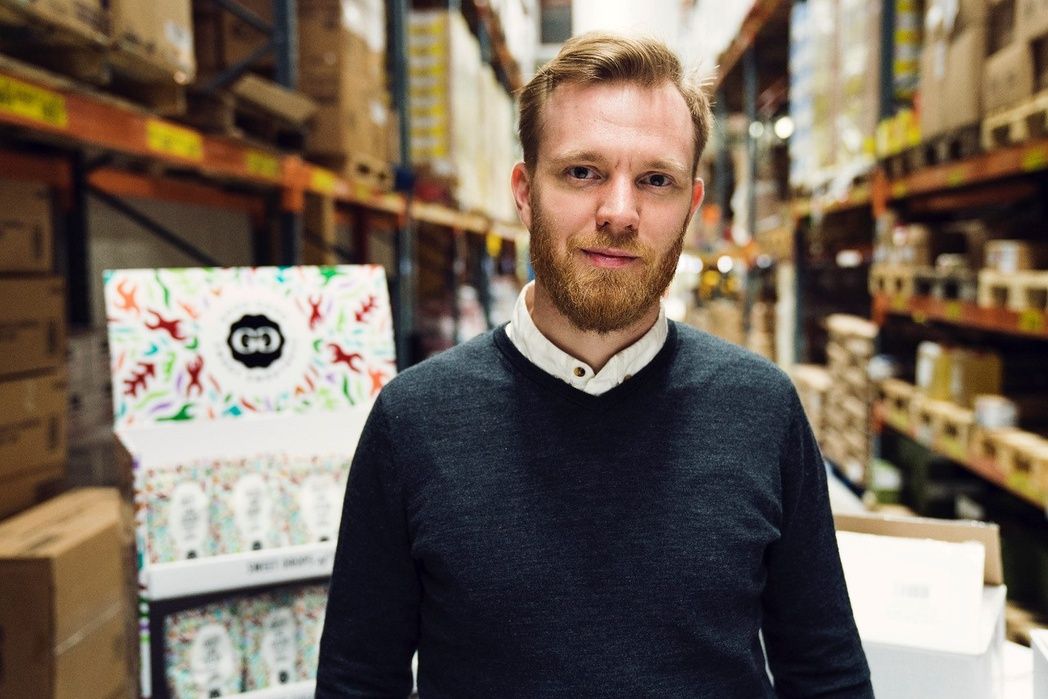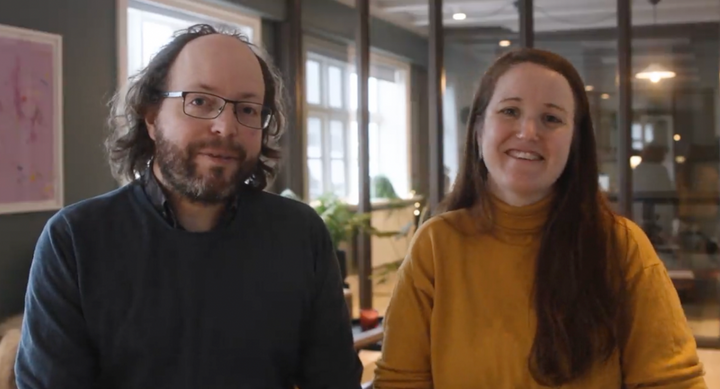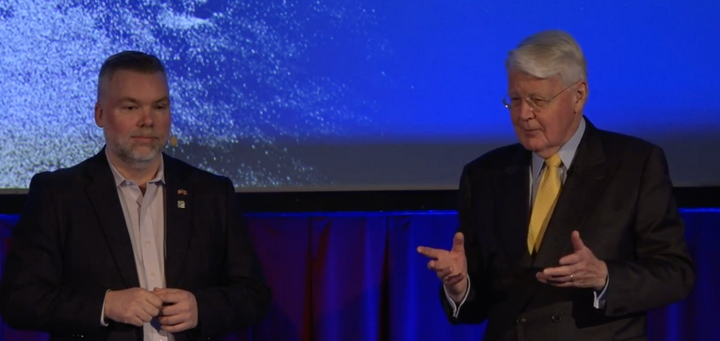Health food startup Good Good raises $3m in funding

The Icelandic health-food startup Good Good just announced having raised $3m (400m ISK) funding, with the assistance of Arcur Finance. The funding will be used to strengthen its marketing position in the US.
“The funding will be used to support Good Good’s growth in the US. Many opportunities are waiting for us in the US, especially for our keto jams, which are the most sold keto jams in the US. Now we have the capacity to hire more staff and promote our products even better in the US,” says Garðar Stefánsson, CEO of Good Good, in a statement.
“At the end of 2018, Good Good made a distribution agreement with KeHE, one of the biggest health-food distributors in the US. KeHE has 15 warehouses in the US and distributes food products to more than 30.000 stores,” states Garðar Stefánsson. “After one and a half years of collaborating with KeHE, Good Good’s products are in approximately 1800 stores in the US, and can now be found in big food chains like Safeway, Save Mart, Walmart, Lucky’s and Meijer,” says in the statement.
Good Good also emphasizes on online sales, both for the US and Europe. “Our products regularly reach the highest selling products in their category on Amazon in the US, where Good Good competes with well known brands. Covid-19 created a huge increase in our online sales, but the sales on Amazon increased by 50% in the last two weeks,” says in a statement.
Good Good was established in 2015. Initially, it produced stevia drops for the Icelandic market, but today it specializes in developing and producing food products without added sugar. The most popular products are jams, peanut butter, chocolate butter, syrup, and keto-bars. Good Good’s products can currently be found in approximately 2500 stores in 16 countries.
Good Good builds on Icelandic ingenuity, knowledge, design, and marketing operations. Product design, sales and marketing, supply chain management and quality control is done from Iceland. However, the manufacturing of the products is done from the Netherlands and Belgium. From there, the products are distributed through warehouses in Tilburg in the Netherlands and Virginia in the US.
Read more about this in Viðskiptablaðið (in Icelandic)




